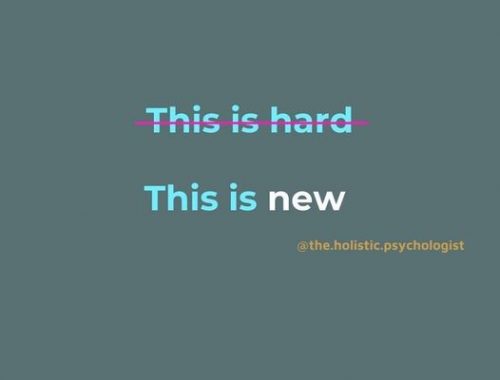Canberra Communications Professionals series: Thea McGrath
Thea McGrath is next up to be featured in the Canberra Communications Professionals Series. I met Thea in pretty weird circumstances. One of my clients had to go on maternity leave earlier than expected. She had lined up to do some interviews for positions in her team, having a good working knowledge of the team and the agency she asked me to step in. So, I met Thea in a café down the road from my house. Then I had to explain why some random consultant was meeting her instead of her perspective boss.
I loved getting to know Thea in that conversation and hearing about her background in the arts. I thought her experience was something others would also be interested in.
Where are you working?
About five months ago, I started as a Senior Strategic Communications Officer at the Australian Bureau of Statistics.
What did you do before you joined the ABS?
Before this role, I had been working within the not-for-profit arts sector in Canberra, working in some of Canberra’s premier craft, design and visual art galleries.
I worked in both marketing and communications roles but with a heavy relationship management focus with the media and private sectors. I also worked across grassroots engagement and creating unique experiences to engage with the arts.
Prior to working in the arts, I worked in the APS in roles across branding and marketing and even organised a large scale international event.
What does a typical day look like for you?
I am a busy working mum, so my mornings are fairly busy tag-teaming with my husband to get our children ready and drop them at school.
So often just getting to work is an achievement in itself.
But once I am at my desk a typical day sees me getting across my calendar and preparing for meetings with my client areas. My team works across external communication and functions in an account management style.
Once I am across what my day looks like and have been briefed on any issues, I review the media for that day. I then touch base with my team as we are often working across intersecting bodies of work.
From there, I might attend a meeting or two or three, be developing copy for marketing materials, or preparing communication strategies for larger statistical releases, evaluating results from previous releases or producing stakeholder engagement materials.
My main client is developing a large public project which I am working closely with them on. This means I will be in constant contact with them throughout the day, providing advice, having input into engagement strategies, risk mitigation as well as be producing communication materials to help them reach their project goals.
Can you tell us about one of your career highlights?
I have had many small career highlights, I think this is what keeps me coming back every day, the small wins.
However, something that I am extremely proud of being given the privilege of working with a group of domestic violence survivors to tell their stories through digital storytelling.
The project was funded through grants, and I was part of a team that worked very closely with the women over 12 weeks to guide them through the process of creating their personal digital story through script development, moving making and still images.
Being given the opportunity to share my knowledge and skills with these women and instil in them the confidence to tell their remarkable and brave survival stories through visual communication was an absolute privilege and very humbling experience.
Being able to witness the benefits and impacts of storytelling through creative expression at the gross roots levels, makes working in government really worthwhile, it shows that the skillset I have can be applied in so many different ways.
What is the biggest challenge you have faced in your career? How did you overcome it?
Getting to a point in my career where I felt stuck, and I could no longer see a clear career pathway. Despite working in a sector I loved and working in a role I adored, I was no longer challenged on a daily basis, and I was no longer pushing myself to do better.
This made me reevaluate my whole career trajectory resulting in a lot of soul searching and a lot of trying new things. I did a lot of professional development to upskill, and while doing this I created a new network of contacts helping me to see that there were many pathways open to me, I just had to pick one.
I then took a giant leap of faith and took on a role that enabled me to bring together all my communication and marketing experience and apply it. I am now challenged on a daily basis, and I push myself constantly to do better.
What changes do you think will occur in communications over the next decade?
Everybody is so busy, and resources are tight. I see the challenge for communications being to educate the people we work with on the value of innovative communication, not just flashy in your face communication, but thoughtful, innovative communication that meets set objectives.
Communication and particularly strategic communication is not well understood outside of our teams and branches. We are often the last step in a process, and we should be the first step.
Establishing good working relationships built on trust and knowledge sharing that allows us to ask the hard questions.
Making sure that is today’s fast-paced ‘I want results now world’ taking the time to really identify what the objective is, what is the ultimate goal and to then be given the trust to come up with the best solutions – that is the challenge.
Who inspires you? Why?
So many people inspire me. But mostly by seeing strong women in prominent leadership roles. It’s so important to see your own face reflected in high places.
I am inspired by Virginia Haussesgger, Julia Gillard, Julie Bishop, and Harriet Elvin, who is the CEO of Cultural Facilities Corporation and by any leader who works towards equality at all levels.
What is your favourite book or podcast?
I am a fairly visually driven person, so I am not often reading or listing to podcasts, but usually watching a TV series or documentary.
I recently watched the Australian series The Gloaming, and it was so beautifully produced and was shot in Tasmania, so the cinematography is stunning.

A bit more about Thea…
Thea is a highly experienced creative and communications specialist with a demonstrated history of delivering outstanding results. She has extensive experience across the APS and not-for-profit sector, having spent almost four years as the Program Manager at PhotoAccess and two years as the Communication & Marketing Manager at Craft ACT: Craft + Design Centre. Thea is also a qualified and experienced photographer.

